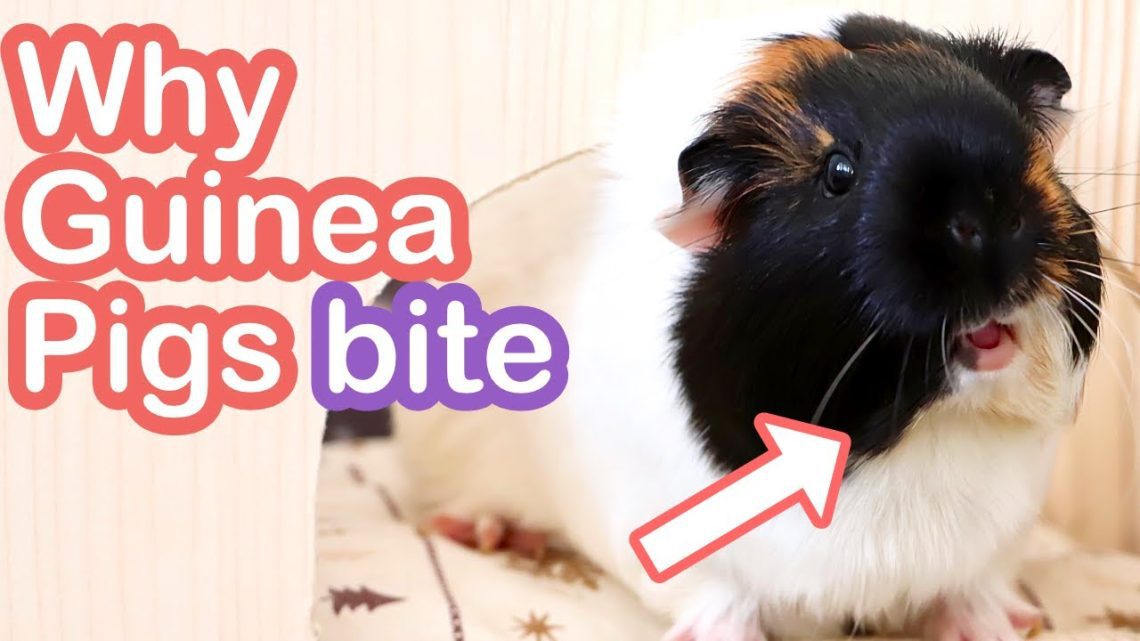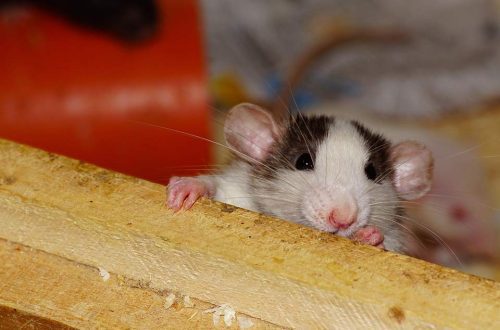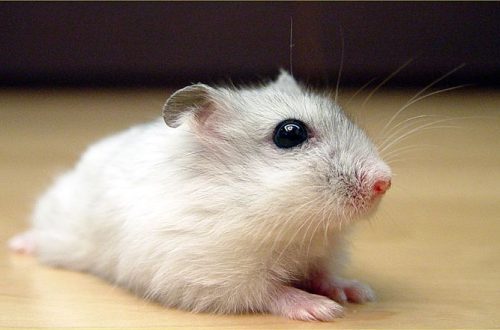
Do guinea pigs bite or not? What to do in case of a bite to blood and how to wean a rodent from biting
Before acquiring a small rodent, future owners are interested in whether guinea pigs bite or show an exceptionally peaceful disposition. This largely depends on the individual characteristics of a particular animal, but there are some general factors.
So does a guinea pig bite or not? What explains the aggressive behavior on the part of the rodent and how to deal with such behavior? Find answers to these and other popular questions in our article.
Contents
The main causes of bites
Guinea pigs living in close contact with humans do not have unreasonable aggression. Fluffy rodents are characterized by good nature and peacefulness, developed over the years of painstaking breeding work.
IMPORTANT! In kui guinea pigs raised for tasty meat, aggressiveness is the norm. This behavior is explained by the fear of people inherent in the genes.
Owners note the playfulness and sociability of small animals, but bites are indispensable. You can find out why a guinea pig bites by looking at a number of reasons responsible for this behavior.
Psychological features
Actions can be explained by the psyche or behavioral characteristics:
- getting used to a new place;
- negative experience with the previous owner;
- a pleasant aroma emanating from the hands and reminiscent of a delicious treat;
- reaction to a stranger (not all guests will be able to painlessly hold the animal in their arms);
- arms or legs that are in the path of the animal and are perceived as an obstacle or an enemy (especially when fighting with relatives);
- a manifestation of tenderness (with the help of an affectionate, painless biting, the animal tries to express love and affection).
Invasion of personal space
If you disturb the rodent during important matters (sleep, meals, hygiene procedures), then the bite will not keep you waiting.
Do not try to hug the animal against its will, respect its deeds and avoid unexpected intrusions into its house.
Feeling of discomfort or pain
Excessive pressure on the body and scratching of restricted areas will be stopped. Try not to hurt your pet and remember touches that give him pleasure.
Diseases
If you feel unwell, any external stimulus will come across aggression. This is equivalent for pregnant females close to childbirth, and medical manipulations carried out during the treatment of the diseased.
If none of the reasons above fit, then be sure to take the animal for examination.
The scale of the possible tragedy and first aid
Usually a bite from a guinea pig does not pose a serious danger, but if the animal is sick, there is a risk of infection:
- toxoplasmosis. The probability of transmission of parasites is minimal, since the main carriers of Toxoplasma are cats;
- pneumonia. Dutch scientists have proven the possibility of transmission of bacteria from pigs suffering from conjunctivitis. 3 subjects bitten by an ill guinea pig were diagnosed with severe pneumonia, but the low number of cases minimizes the risk of transmission;
- felinosis. In this case, the big danger again comes from cats, but guinea pigs cannot be written off. The disease often affects young children and adolescents, but is not dangerously severe and belongs to the lungs;
- rabies. Small rodents rarely pose a real threat, so testing for virus infection is required only if the pet has recently entered the house or has been in contact with a strange animal.
If the health of the pet is not in doubt, then you can not be afraid of the consequences of a bite.
Due to the long front incisors, the bite of the animal can be very painful. The strength of the bite depends on the reason that prompted the aggressive action. If a guinea pig has bitten to the point of blood, then she experienced a strong fright that forced her to defend her life. In this case, you need:
- wash the wound
- treat the damaged area with an antiseptic;
- see a doctor as needed (the pet looks unwell or has recently appeared in the family) to rule out a possible infection or find out what to do if it is confirmed.
Teaching proper manners
Weaning a guinea pig to bite is not so easy, because the animal always has a good reason. Never use brute force on a small pet. Physical punishment will not have a positive effect, but will turn into isolation, cowardice and an increase in aggression.
If the pig bites its finger once again after trying to caress it, then be sure to return it to the cage and be careful the next time you contact it. Try to find a place for scratching (tummy, withers) that gives the pet pleasure, and be sure to reward treats with friendly behavior, increasing the duration of contact.
Remember that the most effective and simple hand training is observed in childhood, so all unpleasant hygiene procedures are carried out from infancy. To minimize stressful situations, try:
- do not impose contact with a clear refusal on the part of the rodent;
- exclude sources of loud sounds;
- do not disturb the animal during the adaptation period.
Training guinea pigs is not easy, but it is possible. With a normal finger and patience, you can achieve good results:
- Put your finger on the bars of the cage and quickly remove it with any attempt at aggression from the pet, saying “no”. Change your usual tone to a firm one, but do not raise your voice.
- Give your pet a treat. When you try to bite again, repeat 1 action, show a treat, but keep it to yourself.
- Follow the recommended steps daily until you get a positive result.
Conclusion
Guinea pig owners should be aware that, unlike other pets, rodents are limited in their means of conveying mood and emotion. Carefully monitor the behavior of a small pet and learn to interpret its signs.
Remember that if after the bite of the animal there is blood, then the probability of contracting a dangerous disease is extremely small, but for the purpose of prevention, a medical examination will not hurt.
Video: why a guinea pig bites
What you need to know about guinea pig bites
3.2 (64.44%) 99 votes





